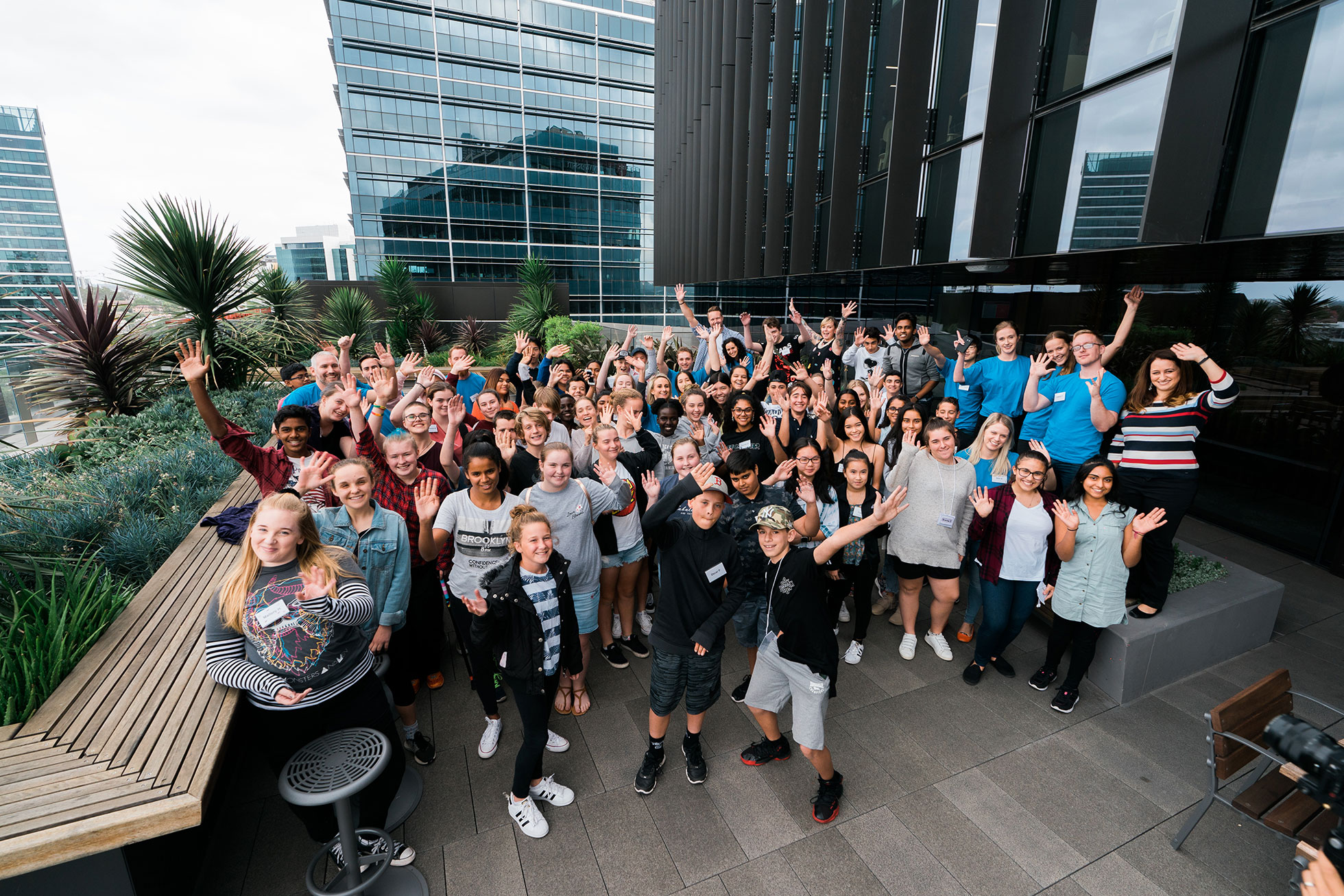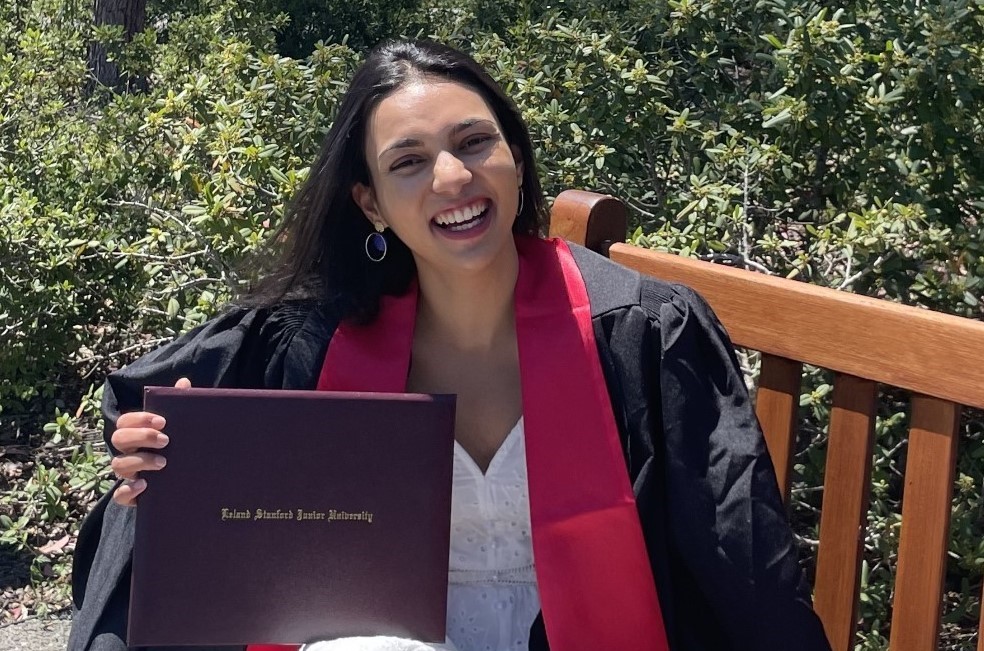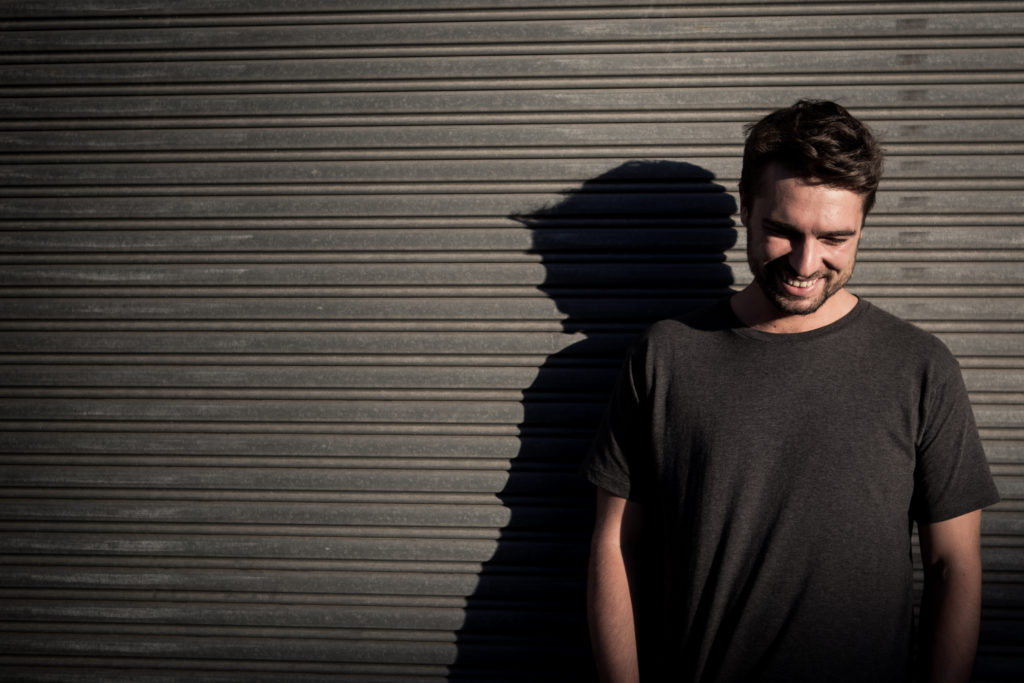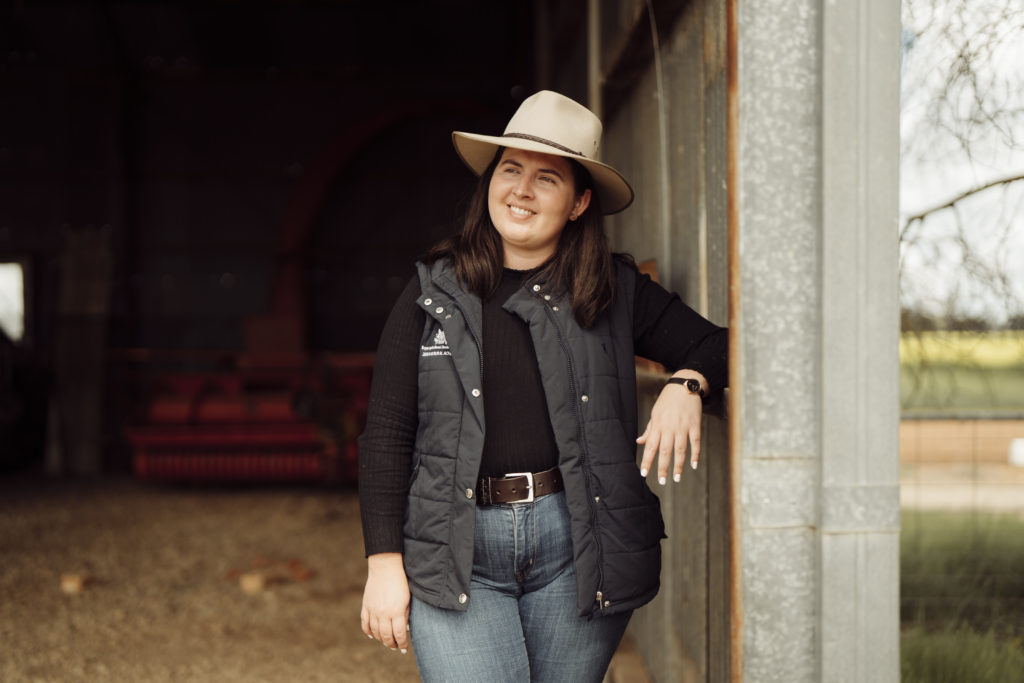CODE
Ethical Development Program
The Fairfax family has a long standing interest in ethics and in 2016 a VFFF working group set an ambitious goal: Young teenagers use communications technology ethically.
In 2017, VFFF launched the Code for Online Decision & Ethics (CODE) program in partnership with the Behavioural Insights Team (BIT), to find a way to meet this goal and help answer one of the pressing questions facing society: how can we spur the ethical development of young people and do so in a world of rapid technological change?
The backdrop to this work is an international debate about technology and ethics that has taken on new intensity. The effects of technology on mental health and educational outcomes are gathering sustained attention from policymakers.
Capturing the voices of young people has been a centrepiece of this work. The #NoFilterForum that took place in April 2018 gave 60 young people aged 12-16 years a unique opportunity to have their views heard. This forum considered the question: how can we make good choices in an online world?
The Forum underlined that there is currently a gap for solutions which foreground young people’s ethical development, rather than narrowly focusing on reducing cyber-risks.
To date, CODE has spanned four phases; progressing from a broad question, to twelve ideas, to three promising options, to one customised in-school program (Digital Compass). The work to get to this point has been thorough and rigorous including evidence review, collaboration with young people, consultation with the technology industry, academics, parents and teachers.
In 2020, the eight week Digital Compass program will be fully evaluated through a randomised control trial in NSW schools. The program is sequenced to take participants through what it means to be a good person, how to act on good intentions in a digital world and what to do when things don’t go right. This framing grounds the program in ethical behaviour, viewed through a modern digital context. Digital Compass will help young people reflect on their relationship with technology and specific apps, and help them make practical changes to their online environment. It also addresses a question that young people ask a lot but rarely get a good answer to: how can they handle complex online conflicts without things getting out of hand?
VFFF is excited by this work and its potential to transform the way young people interact in their online environments.



